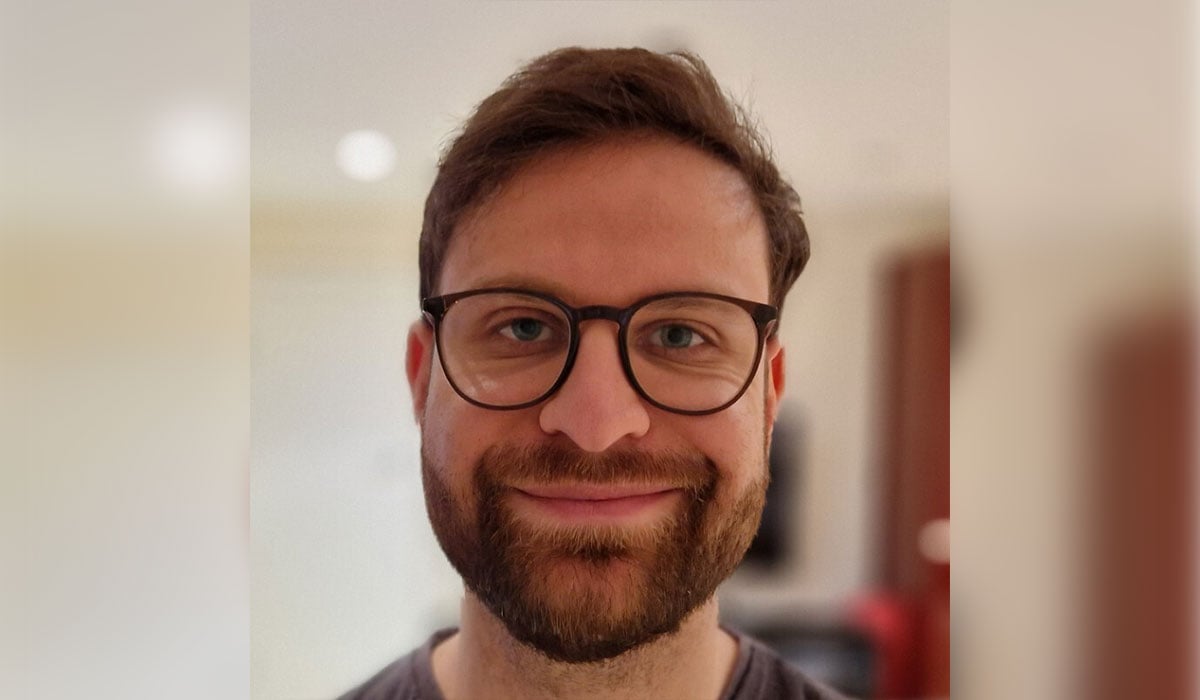
Dean Isseyegh
Tell us about yourself.
Before joining Mastered, I was a backend web developer working on Sky’s online video platform. I’m now a gameplay programmer at Marmalade Game Studio developing digitized board games using Unity. Marmalade is an amazing place to work - lots of creative, friendly and technical people there, with no signs of crunch and an amazing atmosphere.
Why did you decide to join the bootcamp?
After 8 years of a web development career, I started feeling less excited to work every day. While web development is still a very fulfilling and challenging career - and Sky is an amazing place to work - I knew that I needed a change that would get me really motivated again. As an avid gamer my whole life, working on a product and in an industry I'm truly passionate about really revitalized me and got me excited about software engineering again.
What did you like the most about your bootcamp experience?
The one-on-one mentoring sessions with an experienced Unity developer were extremely useful. Even as someone with lots of programming knowledge, there was still a whole load of game-specific technology, terms, and programming paradigms I had never heard of and just knowing about them gave me the ability to pick them up and learn about them quickly.
A third-person action RPG Roguelite developed by Dean
Tell us about your job search process, how did the bootcamp help you? What helped you keep up your motivation during the bootcamp?
The job search process was one of the most difficult bits of the career switch. Having no professional experience in the industry meant it was very difficult to even get interviews in the first place. But being reassured by Mastered that this was completely normal helped keep my motivation up and to keep applying for jobs, and the tips on how to improve my portfolio and what I needed to focus on meant I always felt like I was getting closer to getting a job even if I hadn’t had many interviews.
How easy or difficult was it to transition from backend web development to being a gameplay programmer?
The transition was both easy and hard at the same time. From a programming and software engineering side of things, the same principles apply regardless of whether you are making games, a website, or a backend web service - that was quite easy. On the other hand, it did take some time to understand how to effectively architect code within Unity. You rely a lot more on drag and drop and moving things around in the Unity Editor, as opposed to doing purely everything in a code editor. And you're also tied to using their component system to split up your code. And then of course there is the non-code side of things like learning how to hook up animations, designing levels in the editors, adding sfx/vfx, etc. - that just felt like starting from complete scratch. It's quite strange as you feel both very experienced in some areas yet a complete beginner in others.
What’s your advice on building a portfolio that got you noticed by recruiters?
Having a portfolio that is easy to access by recruiters was important - that meant having gameplay videos easily accessible, and having any games playable in the browser so that no one had to download and execute random .exe’s from the web. Clearly highlighting exactly what you worked on in the projects and the key learnings were important too.
How important were networking and community building?
While I got my job in the end through a job posting on LinkedIn which I technically didn’t need to network for, I still saw networking as really important throughout the process. Talking to other people and getting to know what the industry was like, learning what all the specific different roles were and the pros and cons of them, and just what other people’s experiences were in the industry was really informative and enjoyable.
A game developed by Dean on Unity
What helped you most during the interview process? Did you do anything different from what you used to do before?
Having an actual portfolio of games I had built was really important as it gave me solid talking points in interviews. I felt confident going into interviews that even though I had no professional experience, I still had specific gameplay engineering problems I had solved and encountered and could talk about at length with the interviewers.
What would your tips be for creators looking for the same job/role as you?
Do some Game Jams! It's a great way to beef up your portfolio in a short space of time, and with the end result often actually being really cool as you get to work with people who are good at other areas of game development like art and sound that you may normally not be so good at.
You can follow Dean on LinkedIn, Itch, or see more of his work on his website.